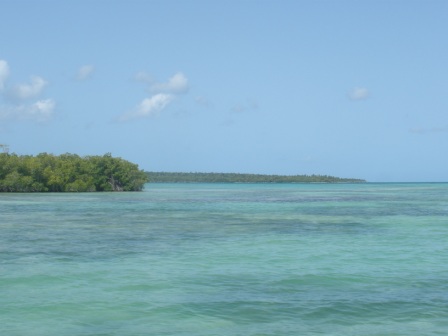Western Hemisphere Migratory Species Initiative
Projects
Publications
Past Events
ReefFix: An Integrated Coastal Zone Management (ICZM) Ecosystem Services Valuation and Capacity Building Project for the Caribbean
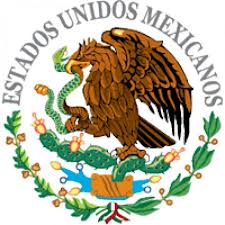
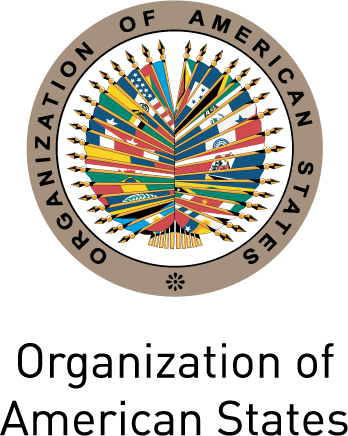

Participating Countries: OAS Member States in the Caribbean
Context: The Ocean covers most of the earth’s surface, yet the extent and depth of the services it provides in terms of economic and ecological benefits remains to be explored and understood. The more fundamental role of the ocean in absorbing nutrients, cycling carbon, regulating climate, harboring biodiversity and providing basic life support to planet Earth remains to be quantified. Marine ecosystems provide people with services for their livelihoods, nutrition and environmental security, as well as help defray the costs to society from the loss of ocean services related to pollution absorption, changes in ocean productivity, CO2 sequestration, and climate regulation as a result of rapidly increasing atmospheric CO2 concentrations and more local human pressures.
Through the financial support of the Permanent Mission of Mexico to the OAS and recognizing the priority given by the Caribbean Countries to preserve marine areas within the framework of the Memorandum of Understanding signed between the GS/OAS and the Ministry of Foreign Affairs of Mexico through the Mexican Agency for International Development Cooperation (AMEXCID), the DSD is implementing the ReefFix project as an effort to contribute to the implementation of Integrated Coastal Zone Management (ICZM) in the Caribbean. ReefFix is also supported by the Princely Government of Monaco.
Objective: To improve capacity of participating countries to value and measure ecosystem services and strengthen frameworks for coastal zone management.
Description: ReefFix is an Integrated Coastal Zone Management (ICZM) tool that works with Small Island Developing States (SIDS) to support the effective management of coastal and marine resources. Through stakeholder analysis and socio-economic valuation methodologies, participating countries strengthen their capacity to manage marine resources to meet commitments made in the Caribbean Challenge to increase coverage and effective management of marine protected areas (MPAs). ReefFix builds country capacity in (i) ecosystem goods and services valuation methodologies (ii) cost effective interventions to improve marine ecosystem health, and (iii) revenue raising techniques of cost recovery and user pays/polluter pays principles. In this process, ReefFix will use and develop cost-effective techniques that can be replicated throughout the wider Caribbean. Capacity building exercises will disseminate results and disseminate lessons learned and best practices.
In this context, ReefFix offers a valuable opportunity for SIDS to strengthen their coastal zone management through one or more of the five options below:
- Apply 3 ecosystem services valuation methodologies on fisheries, tourism, or economic productivity/ha/year
- Cost effective analysis of most efficient interventions for improved marine ecosystem health such as sewage treatment vs. watershed management, reforestation or solid waste management
- Green tax: cost recovery mechanisms such as hotel bed tax or tourism tax ($1% tax to protect reasons that tourists come.)
- Policy and legislation necessary for the implementation of a payments for a ecosystem services project
- Marine Protected Area System Plan of most representative marine ecosystems to meet Caribbean Challenge to put 25 percent of near-shore marine and 25 percent of terrestrial natural resources under effective conservation by 2020.
| No. | Flag | Country | Case Study Title | Output | Output | Output |
| 1 | 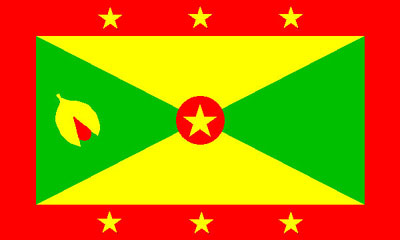 |
Grenada | A case study of the Beausejour River nutrient and sediment inputs and its impact on the adjacent coral reef system in the Moliniere Beausejour Marine Protected Area | Case Study | Presentation | Final Report |
| 2 | 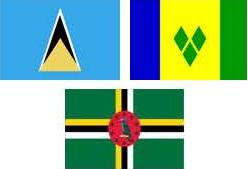 |
St. Lucia, St. Vincent and the Grenadines, Dominica | Implementation of Marine Protected Areas (MPA) Enforcement Workshop | Case Study | Manual | Final Report |
| 3 | 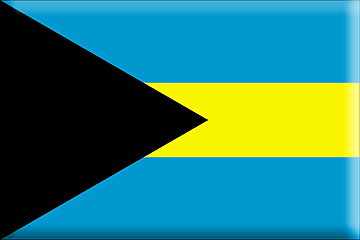 |
Bahamas | Grand Bahama National Parks Expansion | Case Study | ||
| 4 | 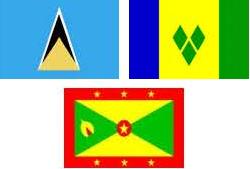 |
St. Lucia, St. Vincent and the Grenadines, Grenada | Harmonized fee structure for the southern OECS | Case Study | Progress Report | Final Report: Fee Harmonization Report |
| 5 |  |
Dominican Republic | Ecosystem Services Valuation and Marine Protected Areas Systems Plan | Case Study Finalized | Work Plan | Final Report |
| 6 | 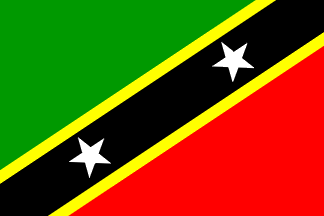 |
St. Kitts and Nevis | Organization of American States | Case Study Finalized | St. Kitts Final Report | Nevis Final Report |
| 7 |  |
Haiti | Nation-wide Network of Marine Protected Areas (MPAs) and rapid evaluation of ecosystem services | Case Study | Draft Report | Final Report |
| 8 |  |
St. Vincent | Saint Vincent South Coast Marine Park Case Study | Case Study Finalized | Work Plan | Final Report |
| 9 |  |
Haiti | Evaluating anthropogenic risk factors to the Caracol Bay ecosystem using Habitat Risk Assessment models Case Study | Work Plan | Draft Report | Final Report |
| 10 |  |
St. Kitts and Nevis | Evaluating the risk to the Newcastle Bay Lagoon (and by extension the proposed Narrows MPA) from anthropogenic factors, using the RIOS Habitat Risk Assessment model | Project Proposal | Progress Report | Final Report |
| 11 |  |
Jamaica | Marine Survey of Montego Bay Marine Park | Technical and Financial Proposal | ||
| 12 |  |
Antigua y Barbuda | Terms of Reference for Marine Protected Area Financing Project | Terms of Reference | ||
| 13 | Barbados | Long term financing of the Barbados MPAs: potential and strategy with the private sector | Project Proposal | Draft Report | ||
| 14 |  |
Trinidad and Tobago | Marine Protected Area Monitoring and Co-Management Capacity Building Project in North East Tobago | Concept Note | ||
| 15 |  |
Trinidad and Tobago | Marine Protected Area Monitoring and Co-Management Capacity Building Project in North East Tobago | Work Plan | Final Report |


